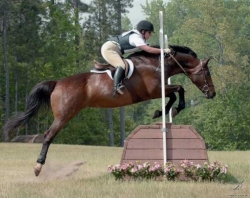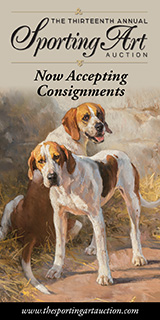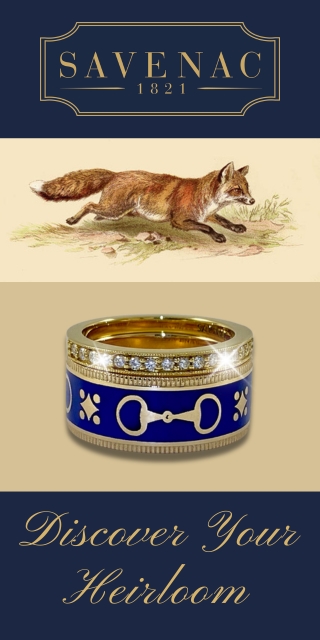Hard Away Whitworth Hounds
A New Huntsman for Aiken
Performance Trial huntsman Chad Wilkes in North Carolina / Lucy Kelsey photo
The Aiken Hounds (SC) needed a huntsman, and Chad Wilkes was available. Sounds simple enough, but it really wasn’t. The story is in the hows and whys of it: the perfect timing, the perfect match, and how it all meshes so perfectly.
In 1914 many of the most adventurous men and women of American sporting legend organized the Aiken Drag—wealthy northerners Louise Eustis Hitchcock, MFH and huntsman; her husband Thomas Hitchcock, known today as the father of steeplechase racing in America; son Tommy Hitchcock Jr., who ranks with his father as one of the greatest American polo players of all time; plus the Belmonts, Vanderbilts, and Whitneys.
Leica: Horse of a Lifetime

Leica eventing at age 24. She placed third because she was too fast cross country.
Leica was a remarkable horse whose career took her from incorrigible youngster with a vicious buck to an impressive third-place finish at age twenty-four in the grueling MFHA Centennial Field Hunter Championship. She was still hunting and showing at age twenty-seven, when she had to be humanely euthanized as the result of a pasture injury.
With her bloodlines and dazzling good looks, Leica was primed to be an outstanding dressage horse. An imported bay with touches of white, she was registered Hanoverian (by Lindberg, out of St. Pr. Kari) who was also entered in the main stud book of the RPSI (Rheinland Pfalz Saar International) and Holsteiner registries.
But after abuse from trainers who pushed her too far too fast, Leica had other ideas, says owner Julie Whitlock McKee of Grantville, Georgia. McKee acquired the hard-headed mare at age four after the trainers gave up on her. The pair did not get off to an auspicious start, with Leica rearing the first time McKee threw a leg over her. Rearing and bucking would become a regular occurrence.

















